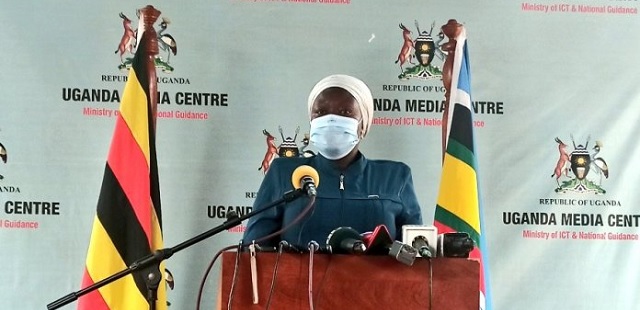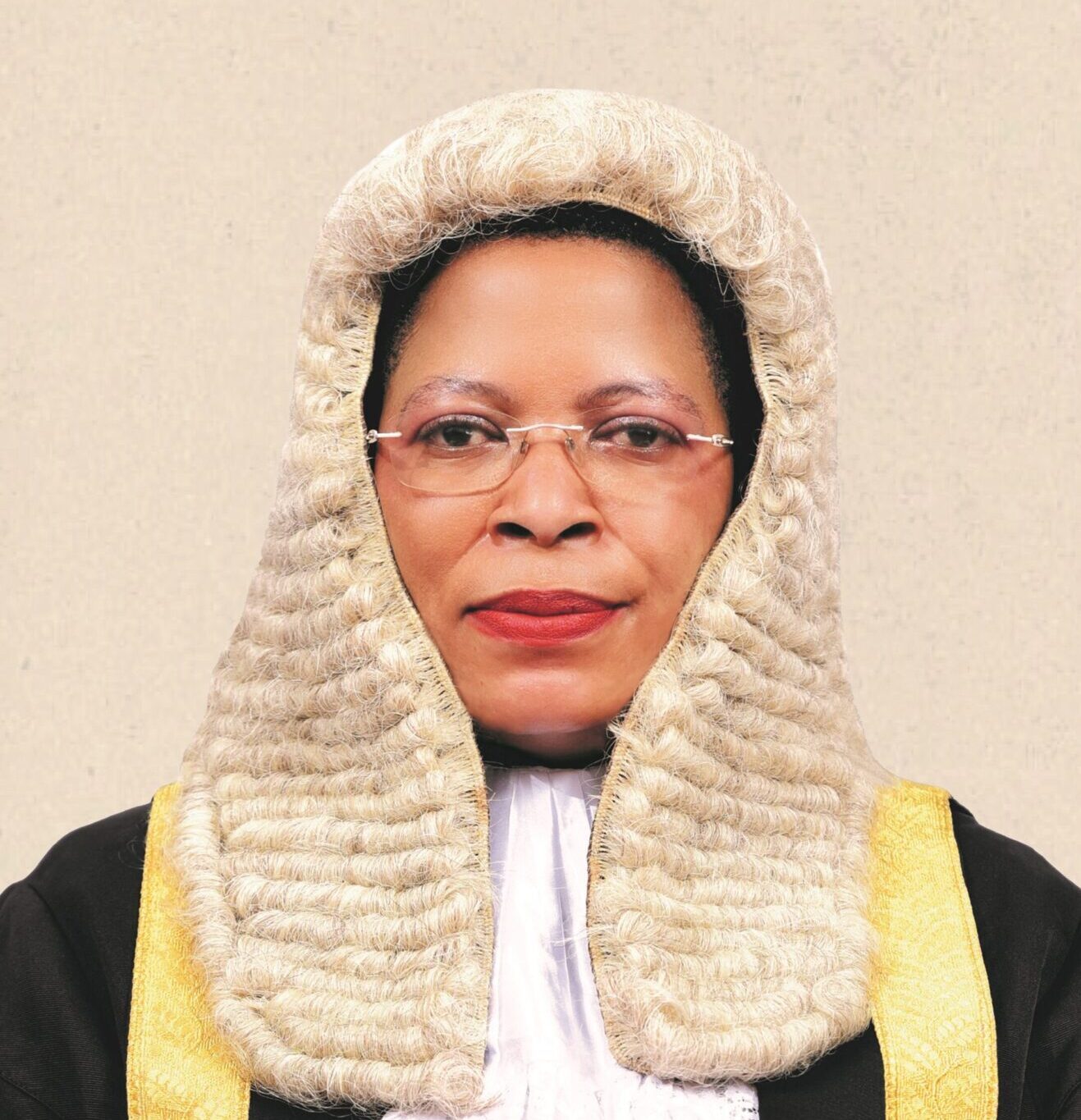Civil society asks gov’t come clear on debt transparency
Civil Society Organisations have asked the Ugandan government to be more transparent on the way it borrow both internally and externally but also on the way it repays loans that they say seem to have run out of hand.
Addressing journalists on Sunday, the CSOs said debt is eating a huge pie of the country’s revenue and that the adverse effect of this level of borrowing is felt through interest payments of over shs5.5 trillion in this financial year 2022/23 rising from shs2.4 trillion in the financial year 2017/18, noting that government has not been open on the issue of the country’s loans.
Keep Reading
“While Uganda publishes reports on status of public debt, guarantees, other financial liabilities and grants annually, the reports about performance and outcomes of debt-funded projects seem to be under lock and key. There has been growing concern in lack of transparency in publicly guaranteed debt, debt arrears and contingent liabilities. Collateralized public debt aggravates further such fiscal risks as it often remains hidden from the public and even from parts of government due to widespread misreporting or limited disclosure due to vested interest capture,” said Peninah Mbabazi, the Program Officer in charge of debt and aid at SEATINI Uganda.
The CSOs said that besides publishing debt statistics, government has failed to publish the arrears is has, a thing they said further indicates lack of transparency on the side of government.
According to Transparency International Uganda’s Peter Wandera, there has been weak debt appraisal and approval system of government and parliament respectively.
“While Article 159 of the Constitution and rule 155 of the rules of procedure empower parliament to approve all forms of borrowing and guarantees, its scrutinizing mechanisms are weak and damaging to the economy. Parliament is so weak to undertake scrutiny of the terms and conditions of the borrowing. This has caused approval of unfavorable borrowing conditions especially for Chinese loans,”Wandera noted.
“We are aware most of the loans approved by Parliament should be ascertained by the development committee and has affirmation from the Secretary to Treasury that feasibility studies and appraisals have been undertaken. Unfortunately, some loans have been approved without satisfying these conditions particularly for contract financing.”
SEATINI’s Peninah Mbabazi noted that loans for ongoing projects seeking additional financing are approved without scrutinizing their midterm or end of project evaluation reports.
“ These circumstances arise mainly due to political influence and poor planning. These factors among others are contributing to the unsustainable public debt trajectory. Approval process at times has also been seen to be rushed and Parliament’s scrutiny into the loans has been limited,” she noted.
Uganda Debt Network’s Gilbert Musinguzi cited the 2021 Auditor General’s report regarding the cash inflows and expenditures of externally funded projects which he said revealed poor absorption and performance of the projects.
“Out of the shs9 trillion that was appropriated by Parliament, only shs4 trillion was released. Relatedly, absorption of externally funded projects further declined in the year under audit. Out of the shs4 trillion disbursed for donor-funded projects, only shs2 trillion was spent, representing 65.0% as compared to the 71% observed in the financial year 2019/20,”Musinguzi said.
The CSOs also took a swipe at government for the high commitment fees generated from undisbursed loans due to the low levels of absorption of borrowed funds which have resulted into the cost of debt rising.
“This has further eroded resources available to undertake critical socio-economic programmes envisaged under the National Development Plan III.”
Call to action
The CSOs asked government to enhance transparency in regards the manner it handles debts and loans to the country through publishing and guaranteeing access to public debt information.
There is need for transparency during acquisition of loans so as to improve accountability for the acquired loans as well as economic linkages. Additionally, thee is need to eliminate opaqueness in tax expenditures and incentives by sharing information publicly, reducing tax holidays to ensure revenues are not spent highly in debt servicing costs but on service delivery,” Transparency International Uganda’s Peter Wandera urged.
The CSOs also asked government to minimize confidentiality clauses and that where permissible; contracts ought to be published for everyone to see.
“Confidentiality clauses preserve not only market-sensitive information, but also prevent the publication of key terms and conditions of loans. The latter limits the completeness of the debt reports and affects their credibility. One possibility is to include exceptions to non-disclosure provisions in debt contracts, allowing the parties to comply with them by disclosing key terms and conditions irrespective of confidentiality clauses. This could be enhanced by the addition of a disclosure annex,” said SEATINI’s Peninah Mbabazi.
Civil society also asked government to publish a section on collateralized debt in the annual debt reports to help the public have a better understanding of the fiscal risks but also asked for creation of a centralized data system on debt.
“There is still limited appreciation of citizens understanding on debt matters as well as the reporting by media on debt is limited. There is need to bring more awareness and understanding on debt matters.”
















